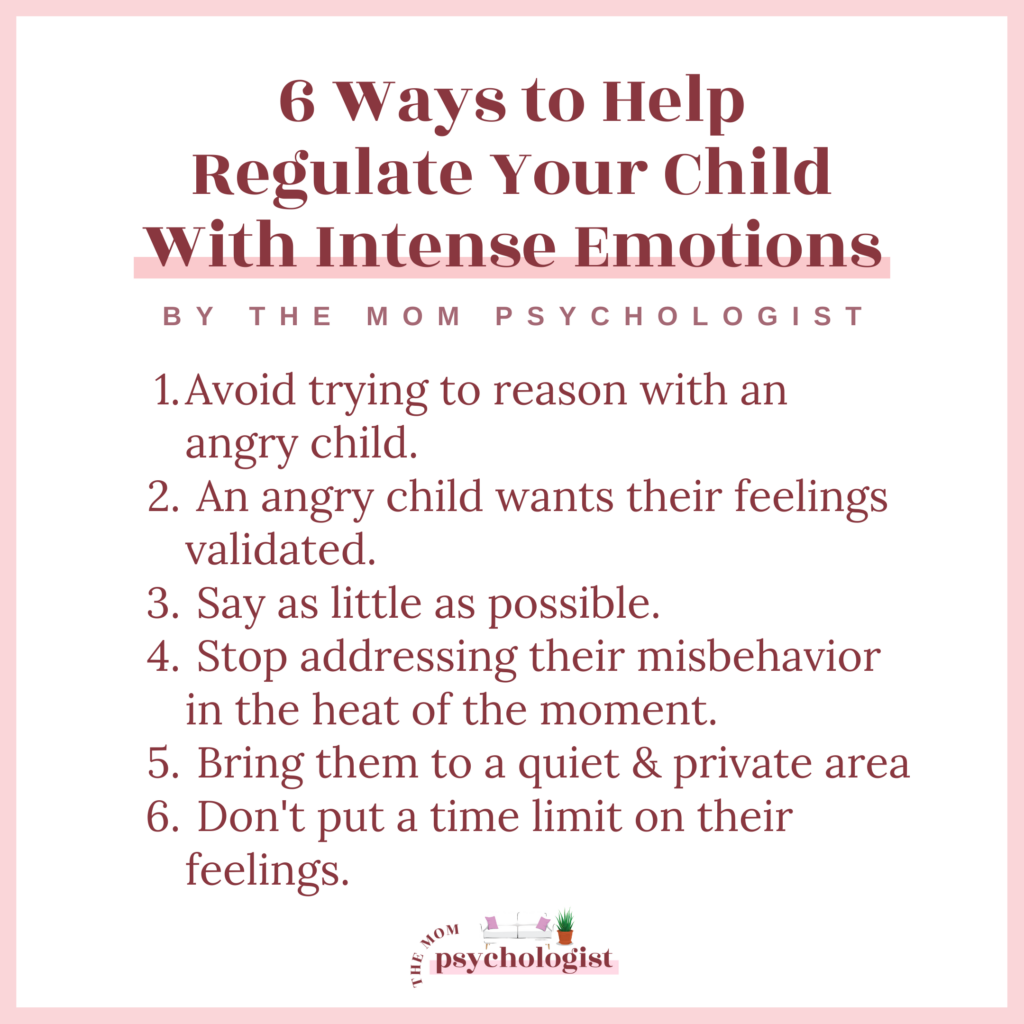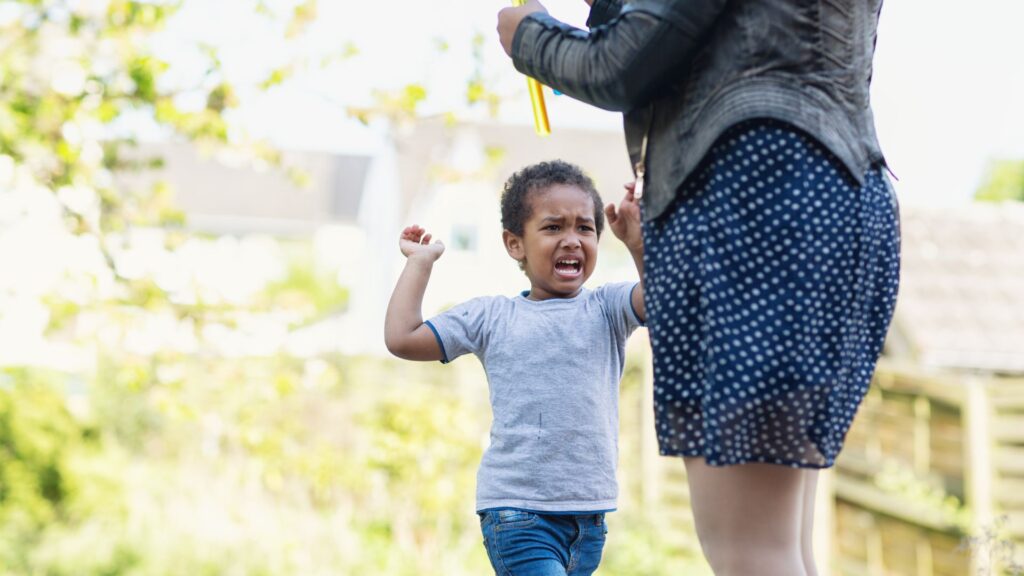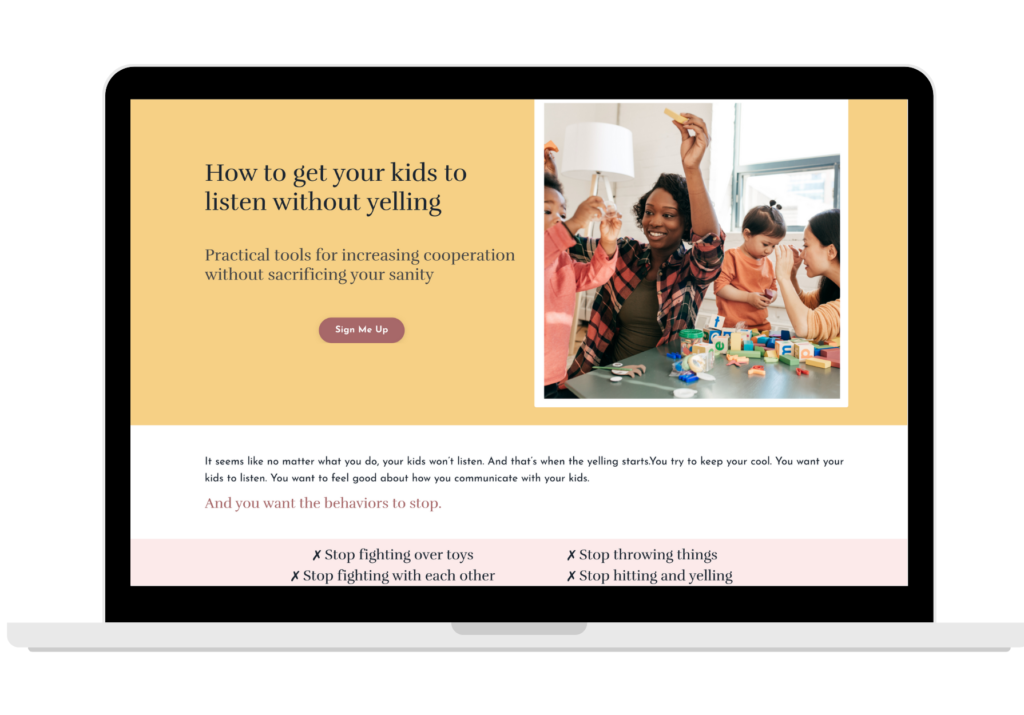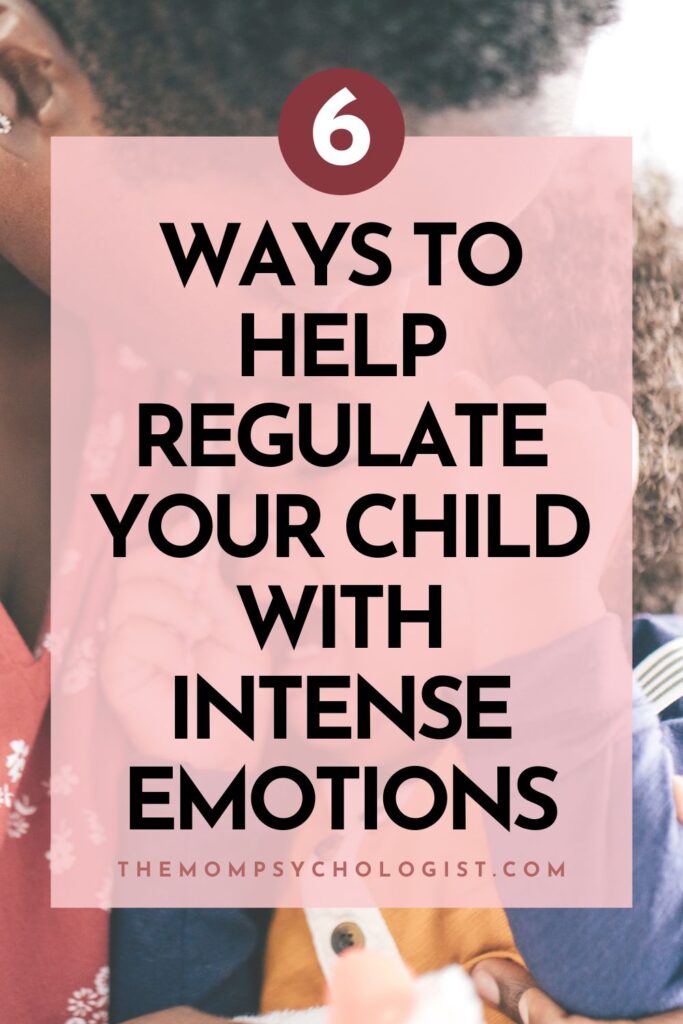watch now!
A place where I discuss all things related to toddlers and motherhood!
Subscribe to my Youtube channel
As a clinical psychologist, published author, and mother to two cheeky young children, I get it. I’ve spent YEARS researching and filtering through the noise online, so you don’t have to.
PARENTING TIPS
POTTY TRAINING
ANTIRACISM
PLAY
Blog Topics
SIBLING RIVALRY
SCREEN TIME
TANTRUMS
DISCIPLINE
Hi I'm Dr. Jazmine
How to De-Escalate An Angry Child
topics:
Rather listen? Here’s a link to this episode on my podcast!
When tension runs high, it’s tempting to match our children’s emotions and meet their anger with anger but it rarely works. All we’re left with is disconnection and lots of guilt.
Here’s what to practice instead.
What is de-escalation?
De-escalation is responding to our child’s intense emotions in ways that calm or diffuse the situation.
De-escalation focuses on addressing the root of our child’s intense emotions rather than focusing on just getting them to be quiet.
This is not about being a perfect parent though. None of us will get this right 100% + that’s ok!
But we often feel flustered when we don’t have a roadmap so here are some do’s and don’ts to help guide you. 🙂
1. Avoid trying to reason with an angry child.
Rationalizing sounds like, “I know you want to go to the park right now but we have to eat dinner.”
If your child is highly emotional, these statements often won’t help calm them down.
Instead do the opposite! Meet their desires with fantasy (not reality). This sounds like, “Ahhh the park would be so fun right now. Breathing in all that fresh air (take a deep breath) and swinging so high with the birdies. What do you like about the park?”
2. An angry child wants their feelings validated.
You can validate their emotions without being permissive.
Remember: All feelings are ok. All behavior isn’t.
This sounds like, “I would be angry too if that happened to me! That wasn’t fair. Tell me more…”
3. Say as little as possible.
During these moments, give your child the floor. It’s overwhelming for them to hear you speak when they’re trying to process their emotions.
Follow their lead + take this time to practice coping skills like deep breathing and grounding.
This works so well because we’re regulating ourselves and modeling this for our child. It’s a win-win.

4. Stop addressing their misbehavior in the heat of the moment.
During intense emotions your child is in a defensive state. They’re focused more on themselves and things feeling unfair. Trying to get them to self-reflect and change their behavior during this state only adds fuel to the fire.
First, seek to understand their point of view and de-escalate the situation before correcting their behavior.
5. Bring them to a quiet & private area.
Oftentimes, being around people and other stimulation will hinder your child’s ability to regulate.
Whenever possible, invite them to process their feelings in safe, quiet and private spaces. If you’re in public, take them to a quiet area like the bathroom or car. At home, invite them to join you in another area away from commotion and their siblings like their bedroom or the stairs.
Never leave them alone to process their feelings (unless they request space).

6. Don’t put a time limit on their feelings.
I know it’s tempting to try these techniques and look at the clock in dismay.
“I’m doing all the right things! Why isn’t this working!?!”
Remember, it’s not our job to control our child’s feelings. These “techniques” will backfire if deep down we want them to be quiet because 1) our child will feel controlled and 2) we will feel even more frustrated when it doesn’t “work.”

If you need more help with anger, aggression and tantrums, I have a FREE workshop, How to Get Your Kids to Listen Without Yelling, where we work through discipline and setting consequences with intention and respect. I provide you with the tools you need to create a happy home where cooperation happens without the struggle.
You’ve got this,
Dr. Jazmine
Was this helpful? Save it for later!

Leave a Reply Cancel reply
Copyright The Mom Psychologist® 2025
grab my free script pack!
explore
work with me
information
About
Blog
YouTube
Podcast
Discipline Course
TMP University (Coaching)
Privacy Policy
Terms of Use
Product Disclaimer
Contact
TMP Times (Newsletter)
And what if your child is throwing things at you and scratching you with their nails? Saying calmly that I empathize with them when they’re flinging hard toys at my body and screaming loudly hasn’t worked.
Agreed my daughter does these things too